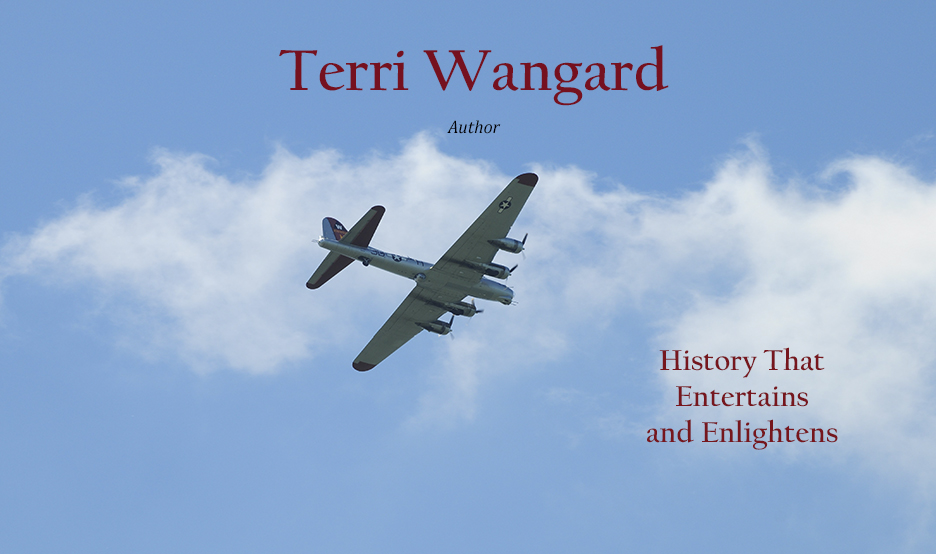No one in my direct ancestral line fought in World War I. No one fought in World War II either. My dad’s brother-in-law did, but Dad was too young and his father was no longer young.
The country was united in World War
II. Being in service was patriotic. To an extent, the same was true in World War
I, but not among German Americans. Anti-German hysteria was high, even in
Wisconsin with its high percentage of German immigration.
My father’s family had one hundred
percent German ancestry, and they lived in Milwaukee. No one from that time is
still living. I can’t ask what their lives were like. Were they threatened by
the rabid patriots or did they too scorn those unhappy about fighting their
home country? Did they believe American involvement was necessary? Did they
sign pledge cards and buy war bonds? Did they know anyone who had yellow paint
splashed on their house?
My grandmother, born in 1900, lost
her mother as age four and her father at age sixteen, and her oldest sister
died in the Spanish flu pandemic in 1918. Life was hard enough without a war.
My grandfather, a young teen at the time, probably saw his machinist father do
war work.
 |
The Storm Breaks Forth releases in two weeks, on April 6. |
As I did in my first novel, Friends & Enemies, in The Storm Breaks Forth, I created a family to be proud of. Peter Bloch is the son of German immigrants. His wife Maren is a recent immigrant. She steps way outside her comfort zone to help folks manage with the strict rationing set in place. Peter is a brave soldier who wins high acclaim. Their story is what I wouldn’t mind having in my family tree.
Oh, that photo of Peter Bloch on
the cover? He’s my first cousin twice removed, and he’s wearing an army
uniform. His name was Herb Zickuhr. I use his name in The Storm Breaks Forth, but for one of Peter’s friends. (Bloch is
my paternal grandmother’s name, and Peter is borrowed from one of my
grandfather’s uncles.)
Herb died in 1928 at age 29. I
thought he may have been gassed in the war, or had lingering problems from a
wound. Then I noticed his WWI registration card. It’s dated September 12, 1918.
The war ended two months later. He could not have reported to a training camp,
trained, traveled to a port city, crossed the ocean by ship, and arrived in
time to fight. I do not know why this young farmer died, but it wasn’t war
related.
I am left to imagine, what might my
family’s story be like if…

An intriguing post! Thanks for sharing about your family. My maternal great-uncle fought in WWI and was gassed. He died in a sanatorium a few years after the war. My great-aunt never remarried.
ReplyDeleteI sometimes regret not having any family member who fought in WWI or WWII, but when you consider how some families were affected, it's okay to be between wars.
DeleteTerri, congratulations on The Storm Breaks Forth. It's fun to imagine family mysteries, and I'm excited about your new book.
ReplyDeleteThank you, Jackie!
Delete